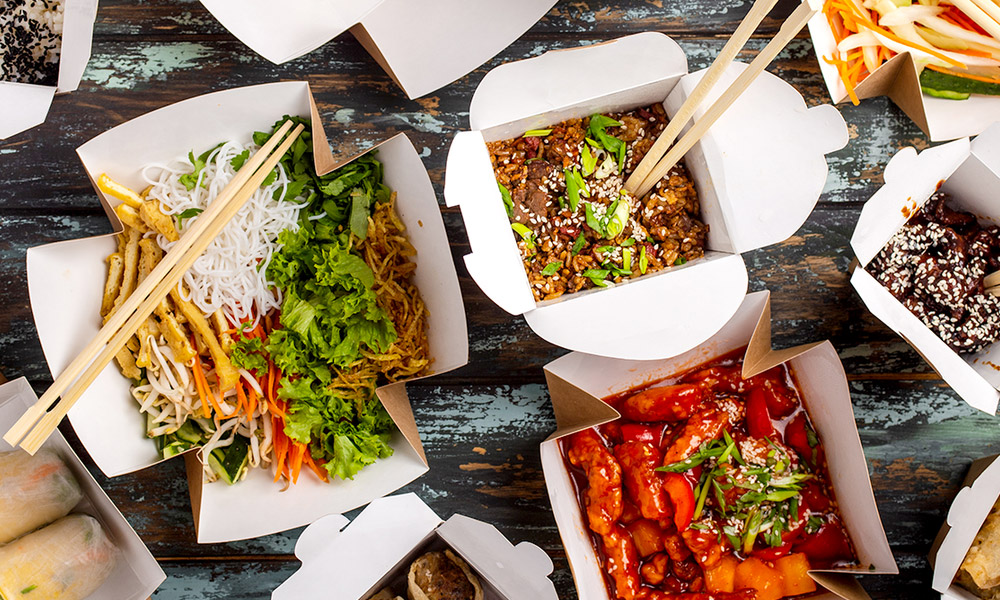LETTER | Every day, countless servings of Malaysia’s street food and restaurants are served in polystyrene containers, which contributes to the nation’s long-standing issue of waste disposal.
Efforts to achieve sustainable development are distressed by the threat of polystyrene waste due to rising urbanisation and changes in consumption behaviour.
Polystyrene is a synthetic polymer made from monomers of the aromatic hydrocarbon styrene and can be solid or foamed, known for its lightweight, rigid and insulating properties.
Because it is a light and flexible material, polystyrene is popular in various industries, allowing it to be used in food and beverage packaging, insulation and even manufacturing despite its non-biodegradable nature.
The use of polystyrene has far-reaching impacts on our environment and our society, which raises a significant question of how we can achieve balance while reducing its negative impacts.
While it is relatively inexpensive to produce and easy to mould, it has significant environmental and human health impacts, as it does not break down easily and can contaminate the environment with hazardous chemicals.
Additionally, the production of polystyrene itself also requires large amounts of fossil fuels and produces carbon dioxide emissions, resulting in a call to reduce the usage of polystyrene and use more sustainable packaging and manufacturing alternatives.
Pollution, health risks
Due to the material’s inability to decompose, the existence of polystyrene in landfills may last for hundreds of years, causing land pollution which may harm the surrounding natural habitat.

Human health is also at risk, particularly when heated food comes into touch with it or when it is used in a microwave oven.
The manufacturing process of polystyrene also requires a lot of petroleum-based raw materials, which can increase reliance on fossil fuels.
Polystyrene usage can be contradicted with various points of the Sustainable Development Goals. One of them is related to SDG Four and Five, which are “Life Below Water” and “Life On Land”.
Polystyrene pollution may contradict these goals by harming marine and land ecosystems when improperly disposed of.
It also contradicts SDG 12: “Responsible Consumption and Production”. This is because, polystyrene is commonly used for single-use in food packaging, leading to a huge volume of non-biodegradable waste which directly opposes the goal of responsible consumption.
Better options
There are a few methods of replacing polystyrene in food packaging. We can opt for using friendlier options like plant-based bioplastics or recyclable materials such as paper packaging. Reusable containers are also a good idea.

The government can give incentives to people who are using eco-friendly packaging and teach people about the impact of polystyrene.
Supporting more environmentally friendly packaging choices, it may contribute to reducing the issues posed by polystyrene and promote more environmentally friendly methods of both packing and disposal.
We should pave the way for a better and healthier tomorrow by promoting sustainable options, urging policy changes and making responsible choices.
We need to work together to lessen our reliance on polystyrene while also protecting our ecosystems and developing a more sustainable world for future generations.
The views expressed here are those of the author/contributor and do not necessarily represent the views of Malaysiakini.

